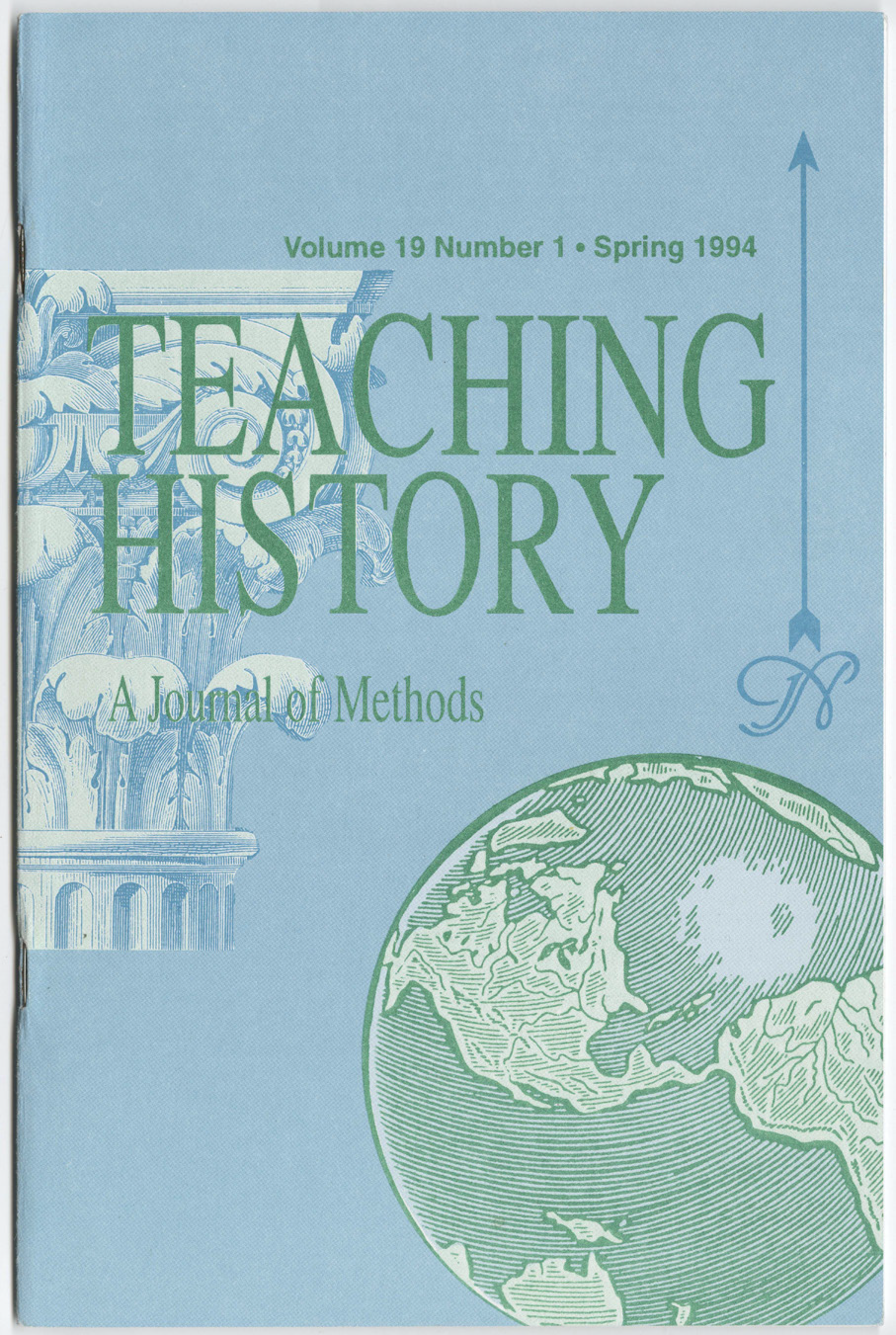Teaching History In The Army
Key To Officer Professionalism
DOI:
https://doi.org/10.33043/TH.19.1.26-32Abstract
The dramatic world events since the late 1980s have altered fundamentally the assumptions that military planners had embraced after World War II. The Persian Gulf War; collapse of the Soviet Union; realignment of basic security arrangements in Europe, the Middle East, Asia, and the Pacific Basin; apprehension about nuclear proliferation; prospects for global economic change; and the resurgence of regional instabilities, ethnic disputes, and nationalism-all these events offer challenges to U.S. interests not faced even during the darkest days of the Cold War. Indeed, the deployment and use of American armed forces over the past decade in such areas as Latin America, the Middle East, Caribbean Basin, Libya, Southwest Asia, Liberia, Somalia, and Bangladesh emphasize that U.S. military leaders must understand more so than at any time in the recent past not only operations and tactics but also strategic implications regarding regions with diverse historical, political, economic, social, and cultural traditions. Despite the claims of some optimists that the prospects for conflict have diminished, the post-Cold War era will be fraught with danger and require recognition of the tensions created by the trends of continuity and change.
Downloads
Downloads
Published
How to Cite
Issue
Section
License
Copyright (c) 1994 Lee T. Wyatt III

This work is licensed under a Creative Commons Attribution-NonCommercial-NoDerivatives 4.0 International License.
By submitting to Teaching History, the author(s) agree to the terms of the Author Agreement. All authors retain copyrights associated with their article or review contributions. Beginning in 2019, all authors agree to make such contributions available under a Creative Commons Attribution-NonCommercial-NoDerivatives 4.0 International license upon publication.



